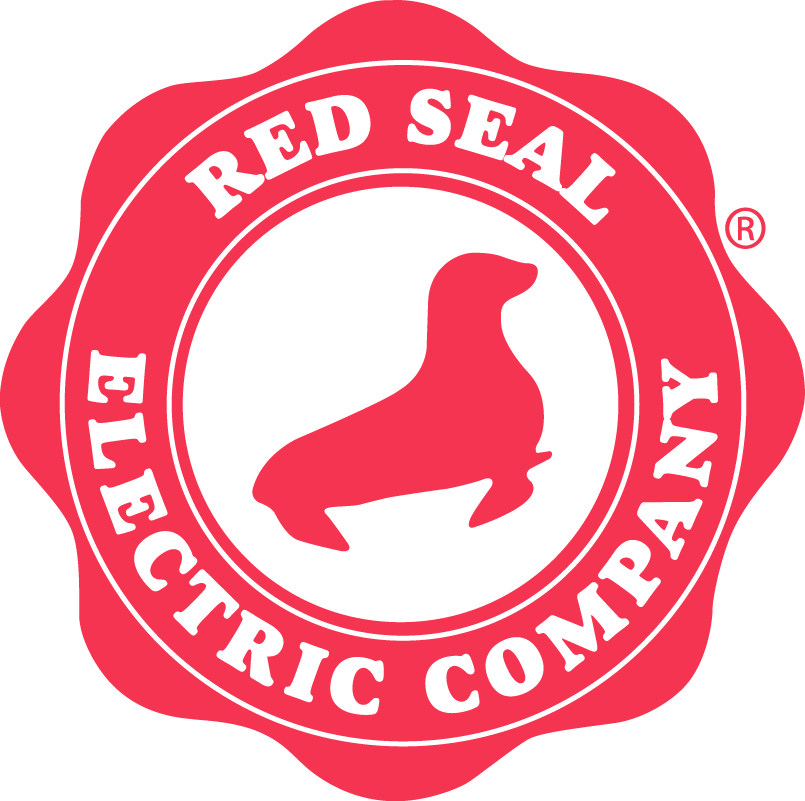
The Red Seal Blog

Common Uses for Flexply Springs in Vibratory Conveyors & Feeders
Flexply springs are sweeping the manufacturing industry for their numerous benefits. Discover the common uses for Flexply springs in manufacturing.
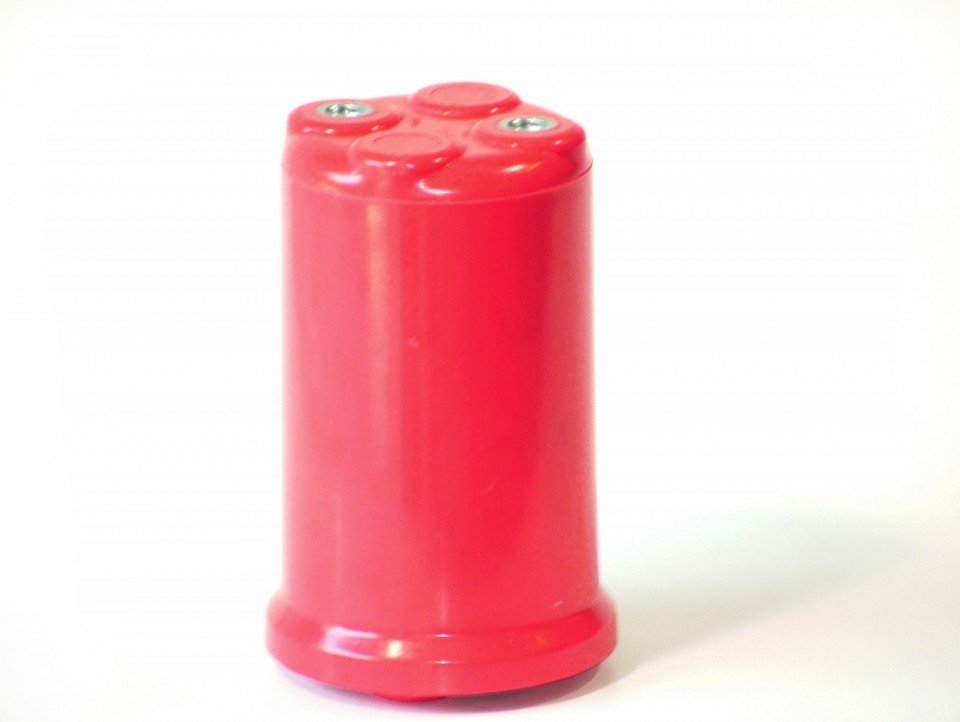
How Standoff Insulators Can Make Your Work More Efficient
Standoff insulators are a great tool for any business that works with electrical equipment. These parts can make your work safer and more efficient.
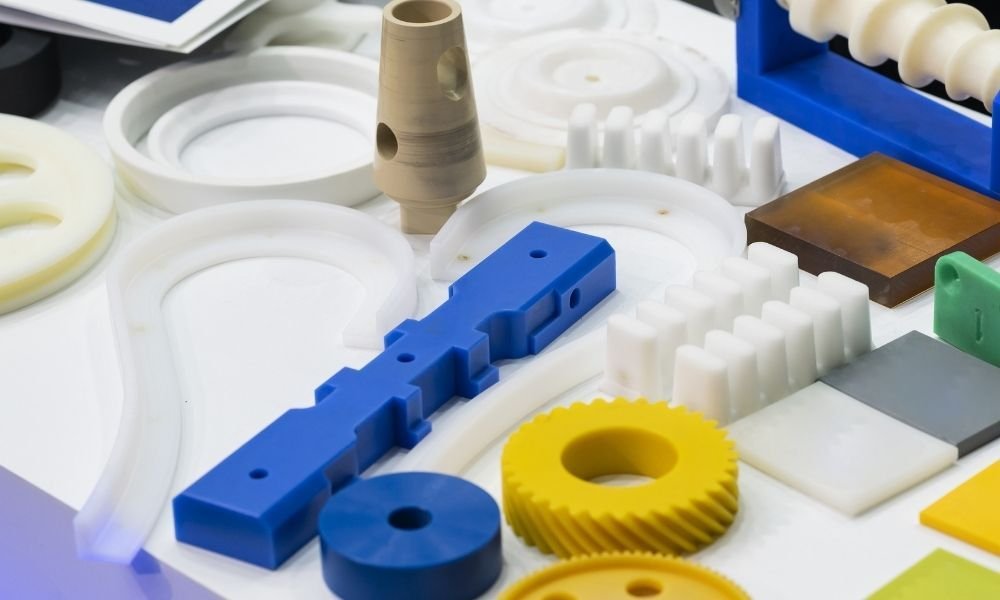
Why Non-Metallic Parts Are the Future of Machining
Non-metallic materials have a big part to play in the future of machining. Find out how more and more companies are discovering the superiority of these parts.

How Do You Select the Right Standoff Insulator?
Choosing standoff insulators for your business can be tricky when there are so many options. Discover the differences so that you can make the right choice.

What You Might Not Know About Flexply Springs
Flexply is an irreplaceable material in many fields. Keep reading to discover a few interesting facts you might not know about Flexply springs.

The Most Common Uses for GPO-3 Materials
GPO-3 materials are a crucial part of many manufacturing processes. Find out the most common uses for GPO-3 materials in manufacturing products and more.
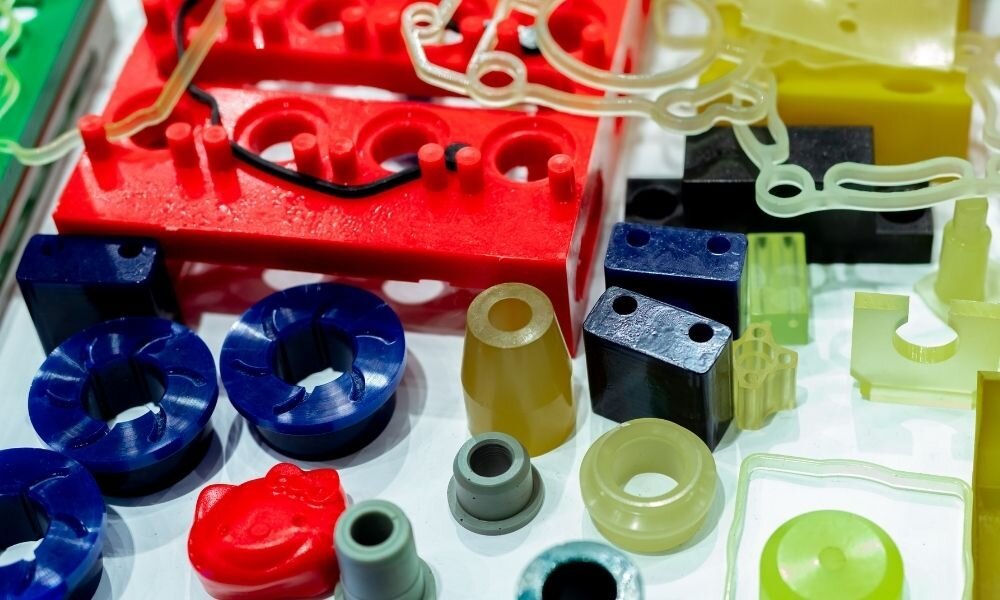
3 Interesting Facts About Non-Metallic Fabrication
Non-metal fabrication has many benefits to a variety of businesses and industries. Find out some of the most interesting facts about this type of fabrication.
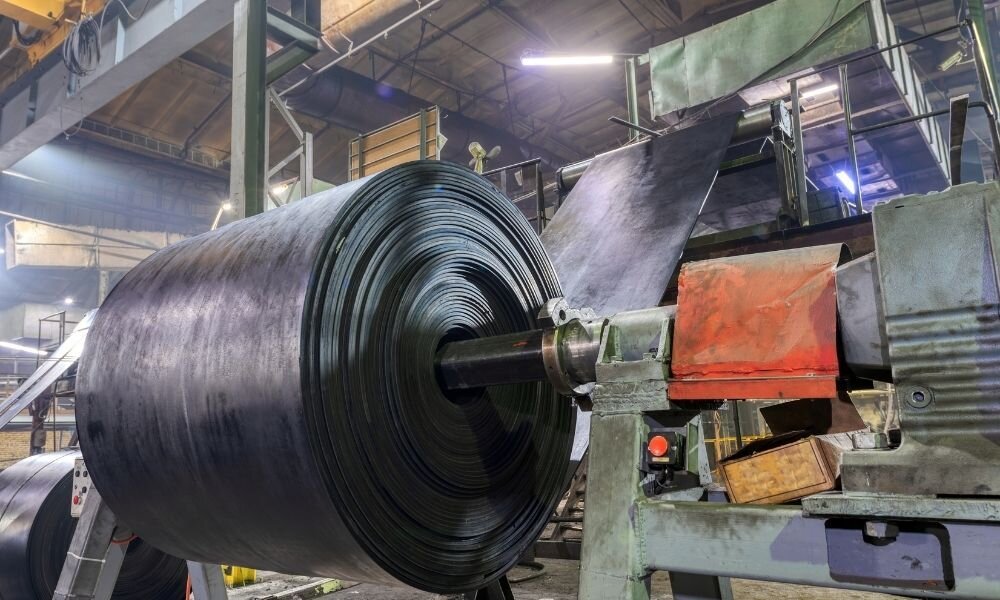
Industries That Benefit From Using Non-Metallic Materials
We use nonmetals every day in our businesses and the products we have. Discover some of the various applications of non-metallic materials across industries.
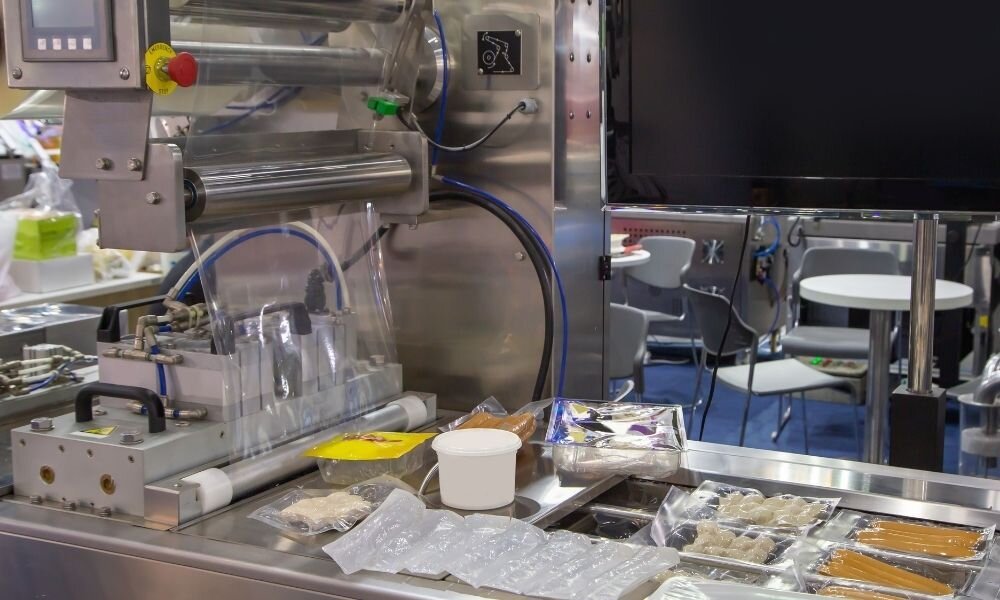
What Is Thermoforming and Why Is It Used?
Are you familiar with thermoforming? Many manufacturers use the process to create items we interact with every day. Many businesses can benefit from the thermoforming process and the products it produces, so if you’re asking, “what is thermoforming and why is it used?” read on to see how it could benefit your business.

How Flexply Is Used in the Food Industry
Have you heard of the material Flexply? Find out this material’s many benefits and how people use it across a range of industries, including food processing.

How Electrical Insulated Materials Are Beneficial
Insulation is crucial for safety when working with electrical currents. Find out how electrical insulated materials are beneficial to consumers and businesses.

Benefits of Using Heat-Resistant Materials
If you’re not using heat-resistant materials in your manufacturing business, learn about the benefits of using these materials for various products.

Various Types of Non-Metallic Materials and Their Uses
If you have a business in the manufacturing industry, you need to know the types of non-metallic materials and their uses. Discover their differences and more.

What Is Thermalate and What Are Its Uses?
Thermalate is a great choice for a variety of products. Discover what thermalate is, its uses, and the advantages it has over other non-metallic materials.

Benefits of Using Thermoset Polyester Sheet Materials
Thermoset sheet materials are strong choices for industrial applications. Find out why you should be using thermosets in your manufacturing processes.

The Most Common Applications for Standoff Insulators
Electrical systems need parts that ensure safety, so no one comes to harm. These are the most common applications for standoff insulators you should know.

Properties of Insulators
When you work with dangerous materials and processes, you need reliable parts. These are the key physical properties of insulation materials.

What To Look for When Choosing an Electrical Insulator
Every internal part of a system that uses electricity requires protection. Here is a list of what to look for when choosing an electrical insulator.

The Difference Between Isotropy and Anisotropy
Scientific terminology helps with specificity, but it can be confusing to learn the first time around. This is the difference between isotropy and anisotropy.

The Science Behind Induction Heating
Many industrial processes harness heat, especially when handling metals and plastics. This is the science behind induction heating. Read on to learn more.
